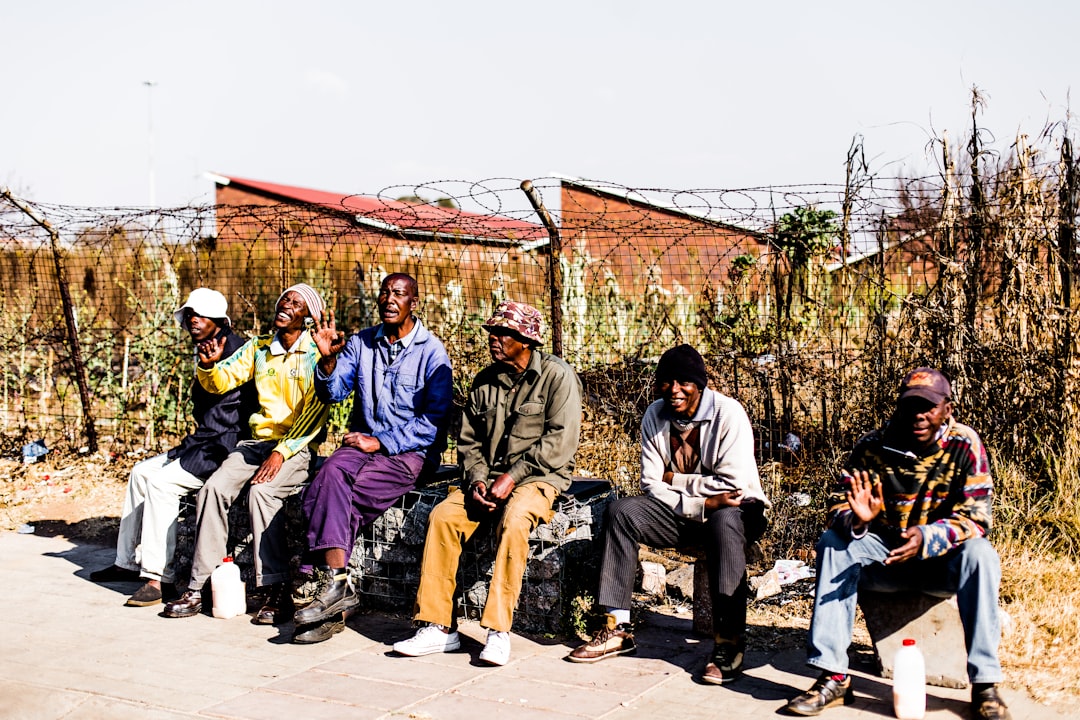What is it about?
Pesticide exposure in Ecuador’s banana industry reflects political economic and ecological processes that interact across scales to affect human health. We use this case study to illustrate opportunities for applying political ecology of health scholarship in the burgeoning field of global health. Drawing on an historical literature review and ethnographic data collected in Ecuador’s El Oro province, we present three main areas where a political ecological approach can enrich global health scholarship: perceptive characterization of multi-scalar and ecologically entangled pathways to health outcomes; critical analysis of discursive dynamics such as competing scalar narratives; and appreciation of the environment-linked subjectivities and emotions of people experiencing globalized health impacts. Rapprochement between these fields may also provide political ecologists with access to valuable empirical data on health outcomes, venues for engaged scholarship, and opportunities to synthesize numerous insightful case studies and discern broader patterns.
Featured Image
Read the Original
This page is a summary of: Political Ecologies of Global Health: Pesticide Exposure in Southwestern Ecuador's Banana Industry, Antipode, June 2017, Wiley,
DOI: 10.1111/anti.12340.
You can read the full text:
Contributors
The following have contributed to this page










